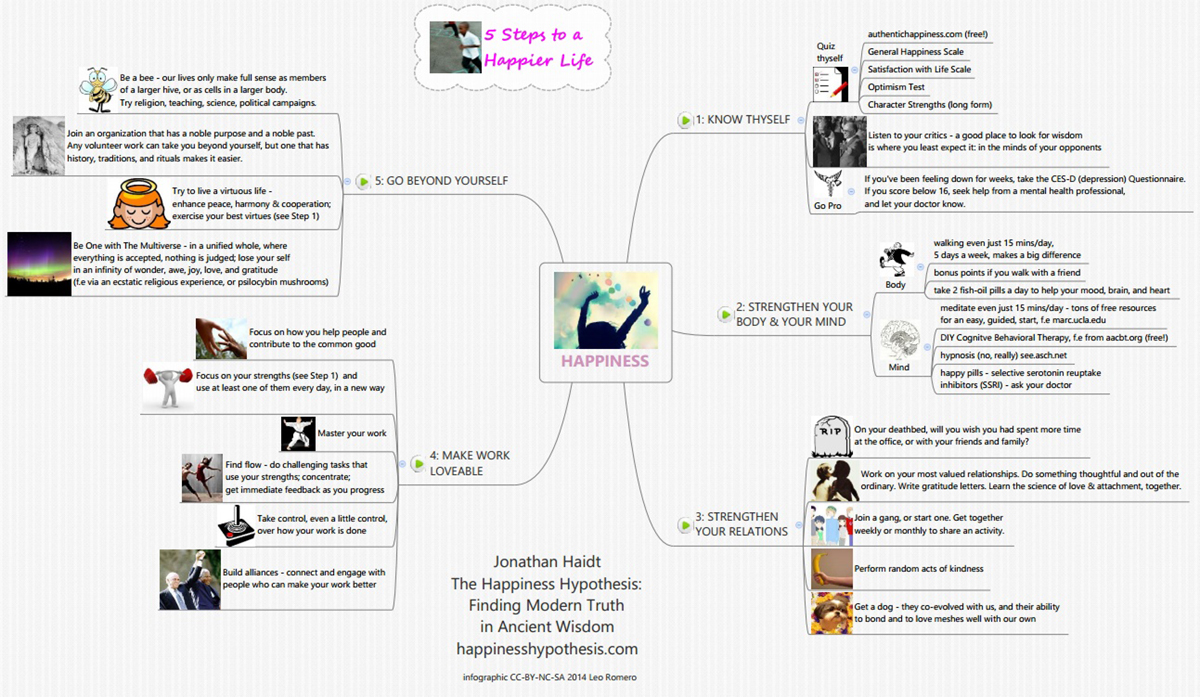
The Definition of PositivePsychology
Amongst the many definitions of positive psychology available, all of those tend to point to the same points. And those would be that: it is a science of well-being, a science of well-being as well as optimal functioning, a science study of the strengths and virtues which allow for individuals as well as societies to thrive, that it is a study of the conditions and also processes which are able to contribute to flourishing or the optimal functioning of people, groups and institutions, and lastly but not the least, that it is the science which makes life worth living.
So accordingly, the remainder of the article shall take a reasonably closer look at the above mentioned points.
What is the point and how does it work?
Positivepsychology is an attempt at creating a branch of the science which is not typical of the rest of it. Namely, ever since the end of World Wards, psychology had tended to cure what ails people. So deductively, "positive psychology" will attempt to redress the balance.
But truth be told, positive psychology is no new field. It is instead an umbrella term for a number of topics which may be grouped according to purpose and sense of direction. It sometimes also aims to bring together lines of research which may have been previously separated.
Thenof course, there is the fact that once a label is created, a number of people will attempt to identify with it. This may result in somewhat goofy titles along the lines of: "positive psychologist". Alternatively, debate may be encouraged in order to see whether "the new thing" ought to fall under the previous, and so forth.
The reality may be quite different though. This type of psychology dates as far back as 1902 ("Healthy Mindedness" by William James), and even though the umbrella term may be new, its underlying components are most definitely not.
The following topics should be found under the umbrella term of positive psychology: happiness and subjective well-being, optimism, emotional intelligence, intrinsic motivation, and so forth.
Is positive psychologyprescriptive?
Somepeople feel that positive psychology may have a prescriptive overtone to it... However, if the same angle of approach (the problem being the study of topics in applied settings) should be applied to any other science, just as well.
Of course, many would take advantage and write self-help books labeled positive psychology just to make a quick buck.
Isn't it better to get rid of the bad first?
Wellfrom the opposite stance, things seem quite differently. Namely, "removing the suffering" just may not suffice. This is to say that perhaps, "getting rid of the bad" just isn't enough for truly getting rid of it.
Lastly, it is very important to stress that positive psychology is not at all the alternative to "negative psychology", nor does it remotely resemble "positive thinking". This is to stress the differences when the nature of the terminology is such that it is prone to triggering confusion.
















Your thoughts on this
Loading...